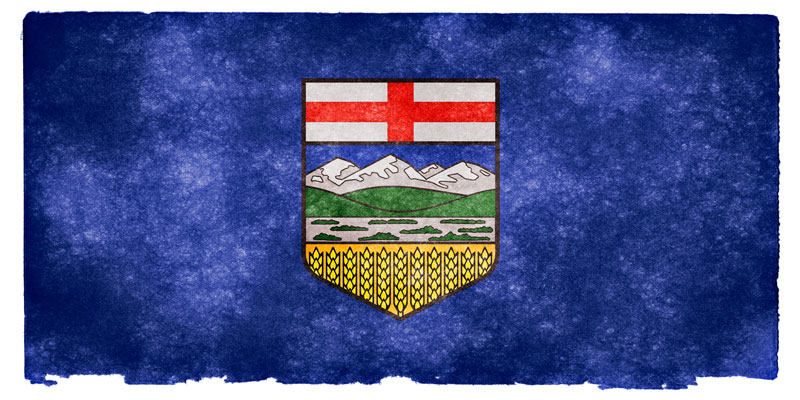Alberta’s outsized role in Canada matters for all Canadians

Last week, Alberta’s “Fair Deal Panel” submitted its long-awaited report, which recommends Alberta conduct a referendum on equalization and consider withdrawing from the Canada Pension Plan. All of this suggests that broad negotiations will soon start between Ottawa and the provinces on fiscal federalism (the financial relationship between the federal and provincial governments). If Canadians outside Alberta develop a better understanding of the province’s role in the federation, this report could help create a stronger better country.
Fiscal federalism includes the functioning of federal programs such as equalization, and national programs such as the Canada Pension Plan (CPP) and employment insurance (EI). Ottawa collects various taxes then redistributes money to the provinces and Canadians depending on the program. In 2018, for instance, Albertans’ contributions to such programs outstripped their use of the programs by $15.3 billion.
Understanding these disproportionate contributions to national programs is critical if the pending negotiations are to produce a stronger country. Alberta has a comparatively young population (less retirees), higher rates of employment and higher average incomes. These demographic and income advantages, which persist despite the province’s weak economy, result in Albertans disproportionately contributing to national programs.
Consider the CPP. In 2017, Alberta workers contributed 16.5 per cent of the total premiums paid while retirees in the province received only 10.6 per cent of the payments—a net contribution of $2.9 billion. Put differently, Albertans contributed $2.9 billion more to the CPP than they consumed in 2017. From 2008 to 2017, Albertans cumulative net contribution to the CPP was $27.9 billion—that’s almost four times greater than Ontario’s net contribution, the next highest net contributor.
This disproportionate contribution to the CPP matters to all Canadians because if Alberta withdrew from the program, the CPP’s contribution rate for the rest of the country would have to increase from 9.9 per cent to 10.6 per cent. (At the same time, Albertans would have a lower contribution rate for their provincial-only program, as low as 5.85 per cent.)
Similarly, employment insurance relies on disproportionate contributions from Albertans. In 2014, workers in Alberta contributed 15.2 per cent of EI’s total revenues while receiving only 9.4 per cent of EI’s benefits. That year, Albertans’ net contribution to EI was almost $2.0 billion. And from 2007 to 2018, Albertans’ cumulative net contribution was $12.3 billion (although recent increases in unemployment in Alberta has reduced its net contribution).
Simply put, in their current form, both the CPP and EI rely on Alberta’s participation; its withdraw would produce fundamental changes to these programs including higher contribution rates (i.e. taxes) and potentially reduced benefits.
This need not be the case, however, if the rest of Canada recognizes Alberta’s key role in national programs. Again, that recognition could form the basis for new agreements in areas meaningful to Albertans including changes to the regulatory system for large national infrastructure projects (which would mean a rethink of Bill C-69, also known as the federal Impact Assessment Act), reversal of the West Coast tanker ban (as spelled out in federal Bill C-48), fixing equalization and/or reforming the national carbon tax.
This national discussion, which is just getting started, is an opportunity to improve Canada for everyone if—and only if—the rest of the country understands the situation and is willing to compromise.
Authors:
Subscribe to the Fraser Institute
Get the latest news from the Fraser Institute on the latest research studies, news and events.


